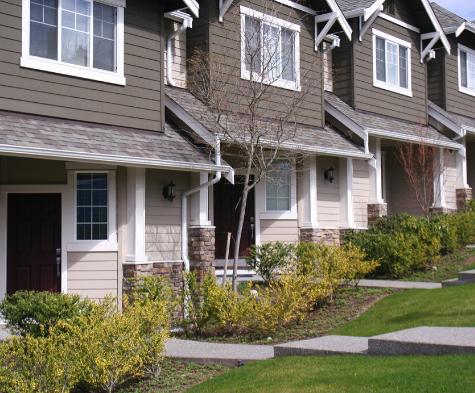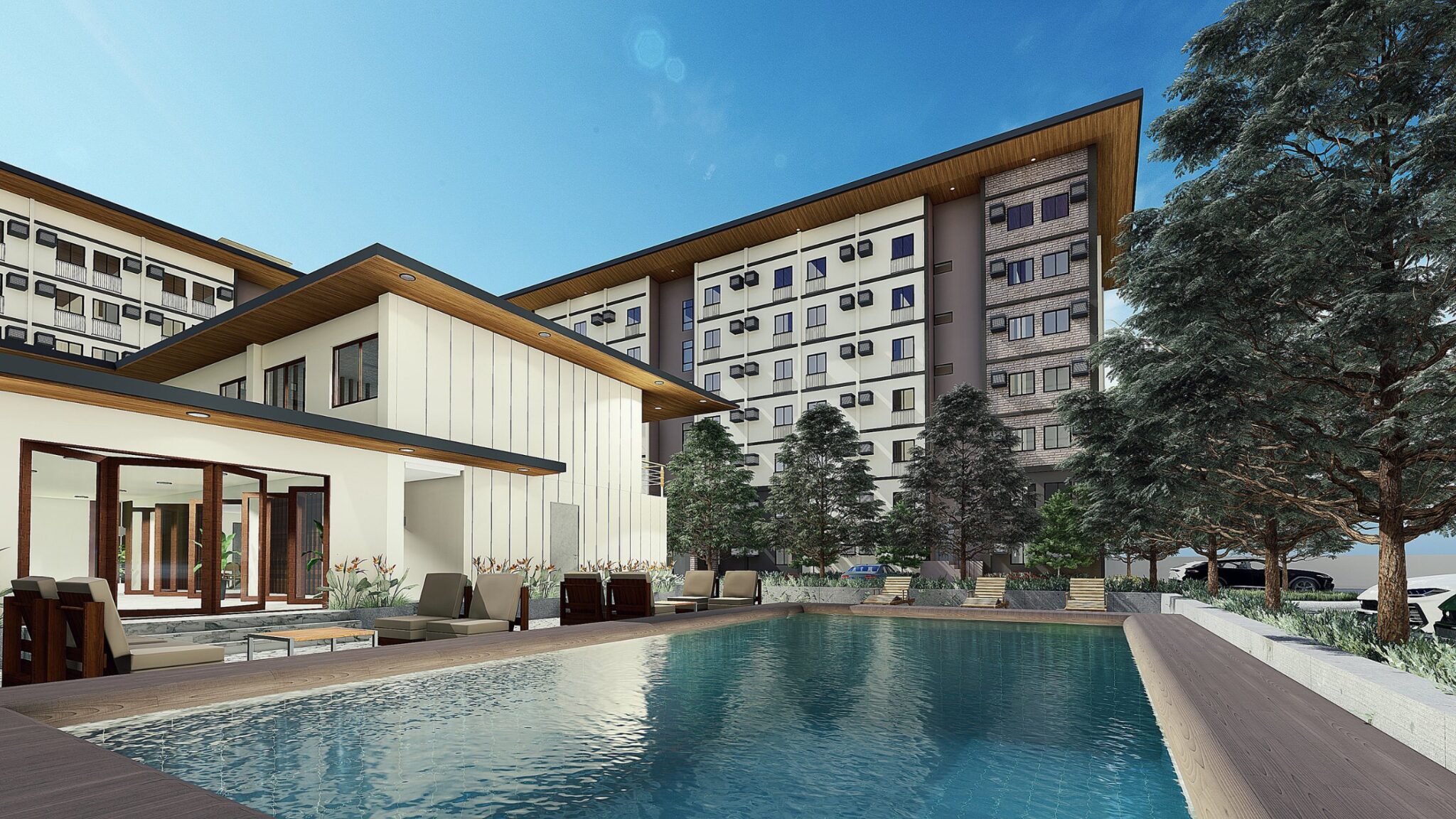
CSIA has been protecting our clients condominiums for over 45 years.
Customers told us the things they disliked about Insurance and we listened
Our goal is to provide you with the best coverage at the most competitive price

Safeguard your apartment or condo belongings, and more, with affordable renters insurance.
Information that helps you plan, prepare and protect.
Owning a condominium presents unique challenges compared to traditional homeownership. While you own your individual unit, the building itself and its common areas are typically owned collectively by all the unit owners. This structure can complicate insurance matters. At CSIA, with our rich experience of over 45 years, we simplify condo insurance for you, offering tailored solutions that cater to your specific needs.

Delving deeper into what condo insurance covers, let's consider some typical components:
Coverage for Your Home’s Structure (Coverage A – Dwelling): While most of the building's exterior is covered by the condo master insurance policy, your unit, including fixtures and built-ins, are your responsibility. For instance, if an internal water leak damages your custom kitchen cabinetry, this coverage would help with repair costs.
Coverage for Detached Structures (Coverage B – Other Structures): Condominium complexes often feature detached structures like storage units, parking garages, or pool houses. While the condo building insurance from your association might cover the structure itself, your stored items inside are typically your responsibility.
Coverage for Personal Property (Coverage C – Personal Property): From your electronics to your furniture, personal property coverage is an essential component of condo rental insurance. Whether you own or rent, ensuring your belongings against potential perils can offer peace of mind.
Temporary Living Expenses (Coverage D – Loss of Use): Imagine a scenario where your condo becomes uninhabitable due to extensive damages. This coverage would shoulder the costs of a temporary residence, ensuring you don't bear the brunt of displacement.
Liability Protection (Coverage E – Personal Liability): Accidents happen. If a guest incurs injuries within your condo, or if you're found liable for damages to another unit (say, water damage from a burst pipe), this protection is indispensable.
Condominium insurance isn't merely about protecting a living space; it's about safeguarding a unique lifestyle. Unlike standalone homes, condos often combine personal ownership with shared responsibility. Here's what this entails:
Personal Unit Coverage: While the exterior of your condo building is generally covered by your Condominium Association’s master policy, what about the interior of your unit? From the wallpaper and built-in bookcases to your kitchen upgrades, condo insurance steps in. In case of interior water damage, electrical issues, or even if a burglar breaks in damaging your front door, this coverage becomes your safety net.
Loss Assessment: Condos share common areas such as swimming pools, gyms, lobbies, or rooftops. If an accident occurs in these shared spaces, the condo association might levy assessments on each unit owner. Condo insurance can offer coverage to help you handle your share of these unexpected costs.
Individual Needs, Individualized Coverage: Every condo owner's needs are different. Perhaps you've invested in a state-of-the-art home theater system, or maybe you have a cherished collection of fine art. Understanding condo insurance means recognizing its flexibility in catering to these unique needs, ensuring your prized possessions are well-protected.

While both types of insurance serve to protect homeowners from potential perils, their applications are distinct given the nature of ownership.
Shared vs. Sole Responsibility: With a standalone home, you're responsible for everything from the front yard to the backyard and everything in between. In contrast, condo living is a blend. While you own your individual unit, the broader building, and common areas like gardens and gyms, are collectively owned and insured by all unit owners through the Condominium Association’s policy.
Differing Coverage Components: Homeowners insurance typically covers the entire property, including outdoor structures like sheds or fences. Condo insurance focuses more on the interior of the unit and personal belongings, while the condo association's policy often covers external structures and common areas.
Liability Differences: In a condo setting, shared spaces can lead to shared liabilities. For instance, if a visitor slips in the building's lobby, the liability might fall on the condo association rather than an individual owner. In contrast, if someone slips on the front porch of a standalone home, the homeowner is usually held liable.
Condo insurance premiums are influenced by a blend of personal, communal, and external factors:
Location, Location, Location: Just as with real estate prices, insurance costs can vary based on location. Is your condo in a flood-prone area or a neighborhood with a high crime rate? Such factors can increase your insurance costs. Conversely, condos in gated communities with robust security systems might enjoy lower rates.
Age and Condition of the Building: Older buildings might have outdated electrical or plumbing systems, potentially posing higher risks and therefore higher insurance costs. Buildings equipped with modern safety features, like sprinkler systems or fire alarms, might be eligible for discounts.
Level of Coverage: The more comprehensive your coverage, the higher the premium. If you opt for additional riders, like coverage for high-end electronics or jewelry, your premium will reflect this added protection.
Deductibles: As with most insurance policies, a higher deductible usually means a lower premium and vice versa. It's essential to strike a balance – choosing a deductible that's manageable for your budget while also ensuring the premium doesn't stretch your finances.
Claims History: If you've made multiple insurance claims in the past, insurers might view you as a higher risk, leading to elevated premiums. Conversely, a clean claims record can often result in discounts.
Condo Association’s Master Policy: The nature and extent of the master policy held by the condo association can influence your personal condo insurance costs. For instance, if the master policy offers "walls-in" coverage, including fixtures in individual units, you might require less from your personal policy, potentially lowering your premium.
Finding the right insurance can be overwhelming, especially when navigating the nuances of walls in condo insurance or the complexities of the condo master insurance policy. At CSIA, we've listened to your concerns and crafted our offerings to address them head-on.
Our mantra is simple: offer smart, affordable, and tailored insurance solutions. We understand the intricacies of condo living and stand ready to guide you in protecting what you love most. Whether you're a first-time condo owner or are looking to update your policy, our expertise ensures you get the best coverage at a competitive price.
Reach out to CSIA today and discover a world where insurance isn't just a necessity but a partner in safeguarding your cherished abode.
Simple. Smart. Insurance protecting what matters

Claims that involve multiple parties are always a bit more difficult to manage. If you come home to water damage caused by a flood in your neighbor’s condo, you are not only going to be dealing with the liability component of your neighbours insurance, but the contents coverage of your insurance policy. Figuring out which company pays for what can sometimes take a while to sort out.

If a visitor trips and falls on a staircase inside of your unit, personal condo insurance can help cover his or her medical bills and your liability costs if you are used.

The HOA’s Insurance won’t cover your belongings, such as furniture, computers and clothing. You will need to file a claim through the personal property coverage on your condo insurance if possessions are damaged or stolen.

Condo Insurance claims can be mor difficult to deal with because you are usually working with two insurance policies, and two insurance companies. If your unit experiences a roof leak, for example, the repair costs to your roof would be covered by your condo building’s commercial policy. However, any damages to the contents in your Condo would have to claimed through your personal insurance policy.

A burst pipe in your condo can wreak havoc on your unit. Again, the difficulty comes with knowing which insurance to go through. Structural damage should be covered by your building’s policy, while any damages inside your condo unit will be covered by your policy. If the pipe ends up causing damage to other units as well, things can get even more tricky.

When you call to report the claim, it’s helpful if you can tell your claims representative: When the incident occurred What happened The Location of the property damage and what was damaged If you Condo is still liveable What repairs, if any, are needed If you contacted the policy or fire department (and the police report number) Your contact information and the best time to reach you.





Have any Questions? Ask us anything, we’d love to answer!
Receive resources & tools that can help you prepare for the future. You can cancel anytime.